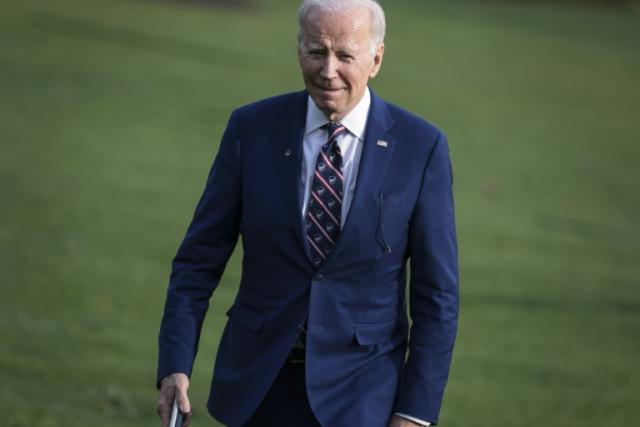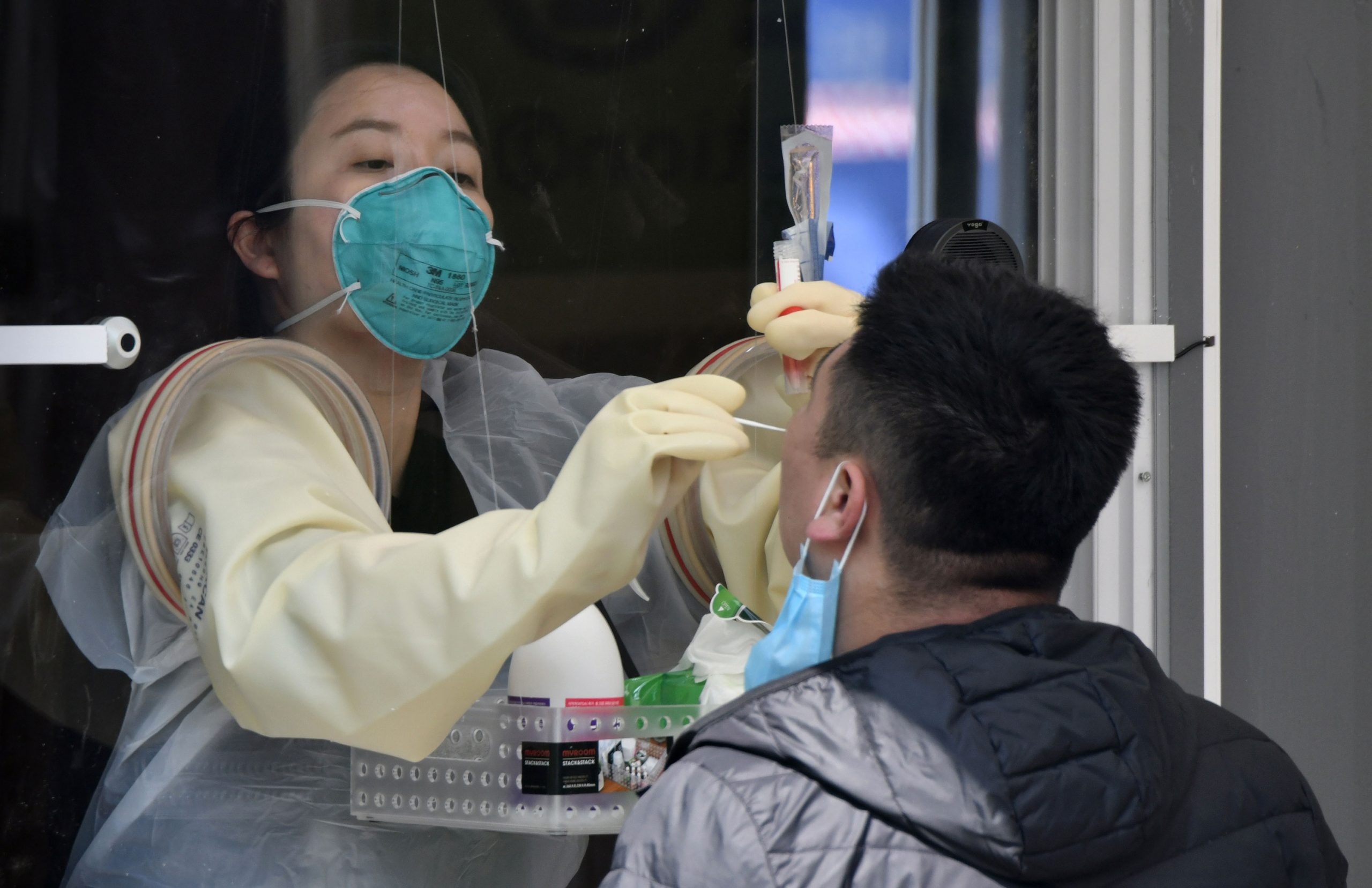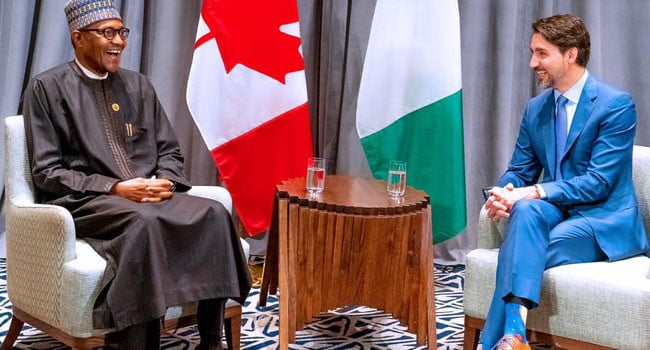Biden promises funding and a tech alliance to prevent democratic regress
As US worry about China and Russia grows, President Joe Biden launches his second “Summit for Democracy” on Wednesday with pledges of over $700 million in funding and an unified coalition against surveillance technology.
Biden will co-chair the largely virtual conference with the presidents of South Korea (who also committed to host the next summit), Zambia, Costa Rica, and The Netherlands in an effort to present a more global face following his US-focused maiden summit in 2021.
Yet, the 121-member conference comes as rights groups accuse backsliding in nations invited to the summit, including Israel and India, both of which are strong American allies and whose prime ministers are accused of becoming increasingly authoritarian.
According to a US official, Biden will announce $690 million in US money, an increase from the $424 million pledged at the first summit, to support programs that oversee free elections, advance independent media, and boost efforts against corruption.
Taking the invites in line
During Donald Trump’s norm-defying presidency—during which his followers ransacked the Capitol on January 6, 2021—instead of accepting the Republican tycoon’s defeat—Biden assumed office promising to restore US credibility in terms of democracy.
Yet, Biden has come under fire from certain supporters for trying to cooperate with leaders from whom he had previously vowed greater distance, like the Saudi Crown Prince Mohammed bin Salman, Egypt’s former military dictator Fattah al-Sisi, and Turkey’s longtime president Recep Tayyip Erdogan.
The conference did not include any invitations for the three leaders. The US avoided a number of its close allies, including Bangladesh, Singapore, and Thailand, as well as Hungary, where Prime Leader Viktor Orban has questioned liberal norms.
China and Russia complain
China is the only long-term foe that poses a danger to the US-led liberal international order, according to the US.
The meeting “hypes up confrontation,” according to Mao Ning, a spokesman for the Chinese foreign ministry, and it will “promote division in the name of democracy.”
Even though it does not recognize Taiwan as a state, the United States has invited it and has given Ukraine considerable space while it fights off a Russian invasion.
Anatoly Antonov, Russia’s ambassador to the United States, cited “racism, gun violence, corruption, and socioeconomic inequality” as examples of American problems and accused them of being hypocritical.
Democracy is a product of the internal growth of a specific society, not of templates, he claimed in an essay.
The attempts to forcibly export American democracy to Iraq, Libya, and Afghanistan have had devastating results, as we have witnessed.
AFP



